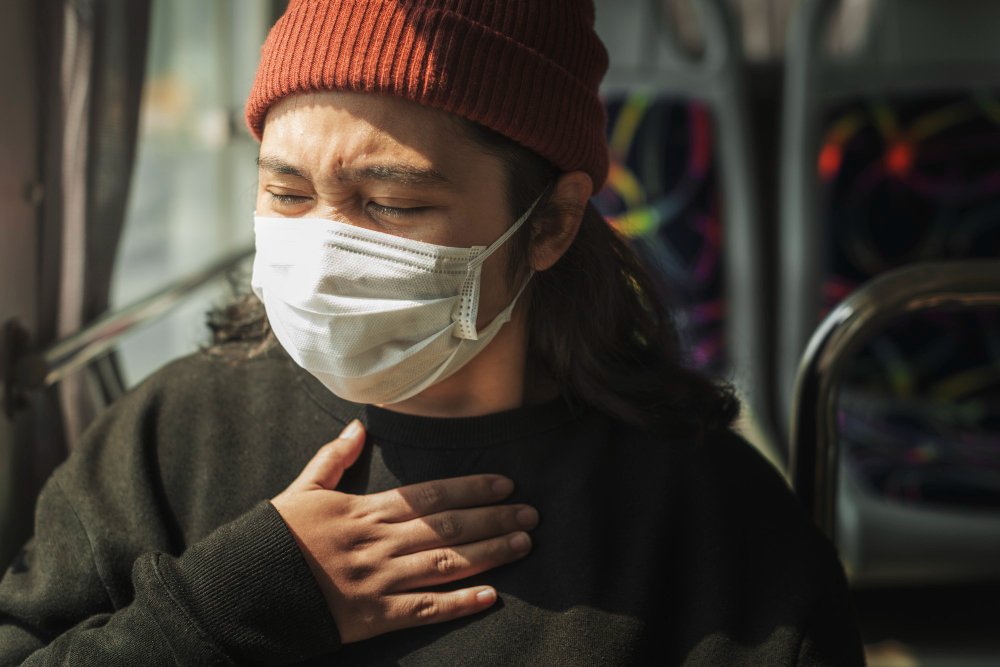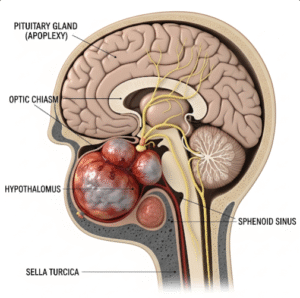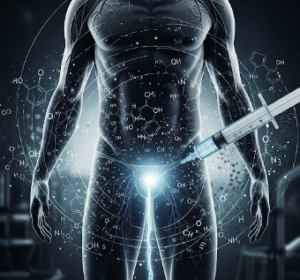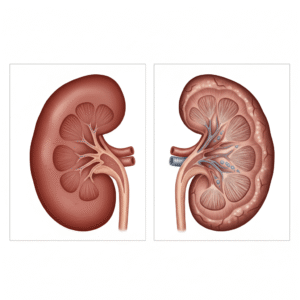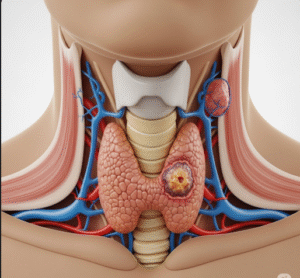Overview
Systemic poisoning refers to the harmful effects caused by toxic substances that enter the bloodstream and affect multiple organs and systems throughout the body. This condition can arise from exposure to chemicals, drugs, heavy metals, or biological toxins. Prompt diagnosis and treatment are critical to prevent severe complications and death.
What is Systemic Poisoning?
Systemic poisoning occurs when a toxic agent is absorbed into the body and spreads via the bloodstream, affecting various organs such as the liver, kidneys, heart, and nervous system. It can result from accidental ingestion, inhalation, skin contact, or intentional overdose. The severity depends on the type of poison, dose, and time to treatment.
Symptoms
Symptoms vary widely based on the toxin but may include:
- Nausea and vomiting
- Abdominal pain
- Dizziness or confusion
- Difficulty breathing
- Irregular heartbeat
- Seizures
- Coma
Causes
- Ingestion of poisonous substances (e.g., pesticides, medications)
- Inhalation of toxic gases or fumes
- Exposure to heavy metals (e.g., lead, mercury, arsenic)
- Drug overdose or misuse
- Animal or insect venom
Risk Factors
- Occupational exposure to chemicals
- Accidental ingestion in children
- Substance abuse or overdose
- Living in areas with environmental contamination
- Lack of proper storage of hazardous materials
Complications
- Multi-organ failure
- Respiratory arrest
- Cardiac arrest
- Neurological damage
- Death without timely intervention
Prevention
- Safe handling and storage of chemicals and medications
- Use of protective equipment in workplaces
- Public education on poison risks and first aid
- Proper labeling and childproof packaging
- Prompt medical attention for suspected poisoning
Treatment Options in Korea
South Korea provides advanced toxicology and emergency care services for systemic poisoning cases:
- Emergency Care
- Immediate stabilization with airway, breathing, and circulation support
- Decontamination procedures like activated charcoal or gastric lavage
- Antidotes administration when specific toxins are identified
- Diagnostic Testing
- Blood and urine tests to identify toxins and organ function
- Imaging as needed for complications
- Supportive Care
- Intravenous fluids and electrolytes
- Mechanical ventilation if respiratory failure occurs
- Hemodialysis or hemoperfusion for certain poisonings
- Specialized Poison Control Centers
- Regional poison control centers provide consultation and guidance

